The claim of a gravitational wave background suggests the universe is constantly roiled by violent events that happened over the past 13 billion years.
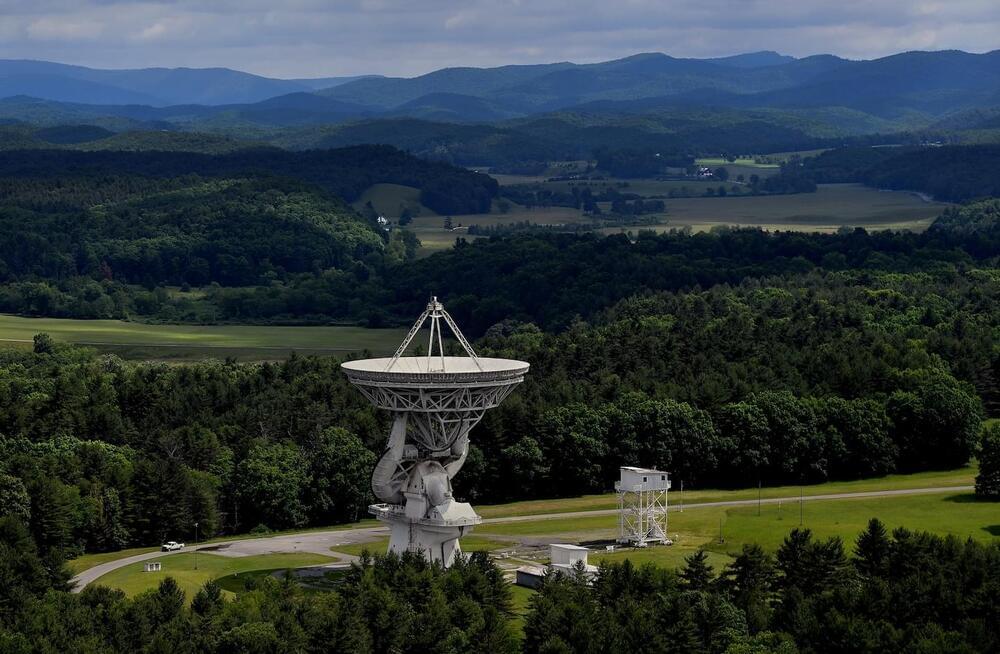

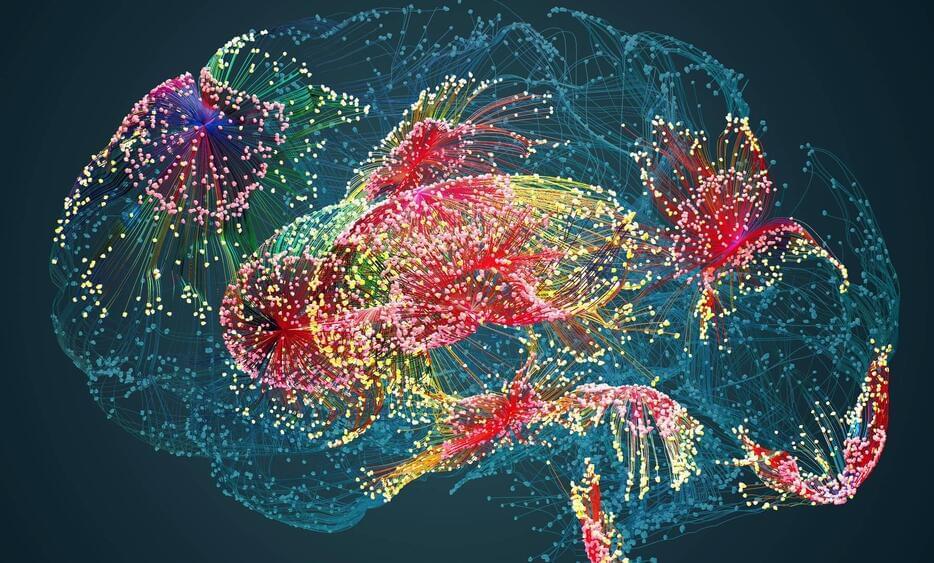
A case of wine was put on the line.
This is according to a report by Science Alert published on Tuesday.
A 25-year-old wager on the source of consciousness between German-American computational neuroscientist Christof Koch and Australian philosopher and cognitive scientist David Chalmers has come to a close with the first one admitting defeat.
In 1998, Koch ventured a guess that the neurological underpinnings of the brain’s experience of the Universe would be understood within 25 years by putting a case of wine on the line.
Developing The Low Earth Orbit Economy On The World’s First Commercial Space Station — David Zuniga, Senior Director, In-Space Solutions, Axiom Space
David Zuniga is Senior Director of In-Space Solutions at Axiom Space (https://www.axiomspace.com/), a space infrastructure developer headquartered in Houston, Texas, which plans human spaceflight for government-funded and commercial astronauts, engaging in in-space research, in-space manufacturing, and space exploration. The company aims to own and operate the world’s first commercial space station, and Mr. Zuniga helps to develop strategy and growth around Axiom’s Low Earth Orbit (LEO) economy, also playing a critical role in business and technical integration of Axiom’s in-space manufacturing and research capabilities for Axiom Station architecture.
Mr. Zuniga has over 20 years of experience through engineering and business development in human spaceflight and the department of defense, developing system architectures and technology for deep space systems via the Constellation, Orion, and Gateway programs. He was a Certified Principal Engineer for Orion’s Air Revitalization System, and subsystem manager for NASA’s Gateway program for the Environmental Control and Life Support Systems (ECLSS) where he developed requirements and certification criteria for future architectures.
Mr. Zuniga also has helped to evolve strategy around growth for LEO commercialization through the Center for the Advancement of Science in Space (CASIS) where he created a pipeline and managed a portfolio for aerospace technology development projects on the International Space Station National Laboratory (ISS NL). He has also served in numerous committees around human spaceflight safety and commercialization, has been an invited speaker to brief NASA HQ on strategy for the ISS NL, and was the recipient of the top prize at NASA’s Ignite the Night competition through NASA iTech when serving as the managing director for the Danish Aerospace Company’s North American Division.
Mr. Zuniga earned Bachelor and Master of Science degrees in Mechanical Engineering from Texas A&M University and holds a graduate certification in Space Resources from Colorado School of Mines where he studied space policy, economics, and space resource utilization.

Researchers in Japan and Australia have developed a new multicore optic fiber able to transmit a record-breaking 1.7 petabits per second, while maintaining compatibility with existing fiber infrastructure. The team–from Japan’s National Institute of Information and Communications Technology (NICT) and Sumitomo Electric Industries, and Macquarie University in Sydney, Australia—achieved the feat using a fiber with 19 cores. That’s the largest number of cores packed into a cable with a standard cladding diameter of 0.125 micrometers.
“We believe 19 cores is the highest practical number of cores or spatial channels you can have in standard cladding diameter fiber and still maintain good quality transmission,” says Georg Rademacher, who previously headed the project for NICT but who has recently returned to Germany to take up a directorship in optical communications at the University of Stuttgart.
Most fiber cables for long-distance transmission in use today are single core, single-mode glass fibers (SMF). But SMF is approaching its practical limit as network traffic rapidly increases because of AI, cloud computing, and IoT applications. Many researchers are therefore taking an interest in multicore fiber in conjunction with space-division multiplexing (SDM), a transmission technique for using multiple spatial channels in a cable.
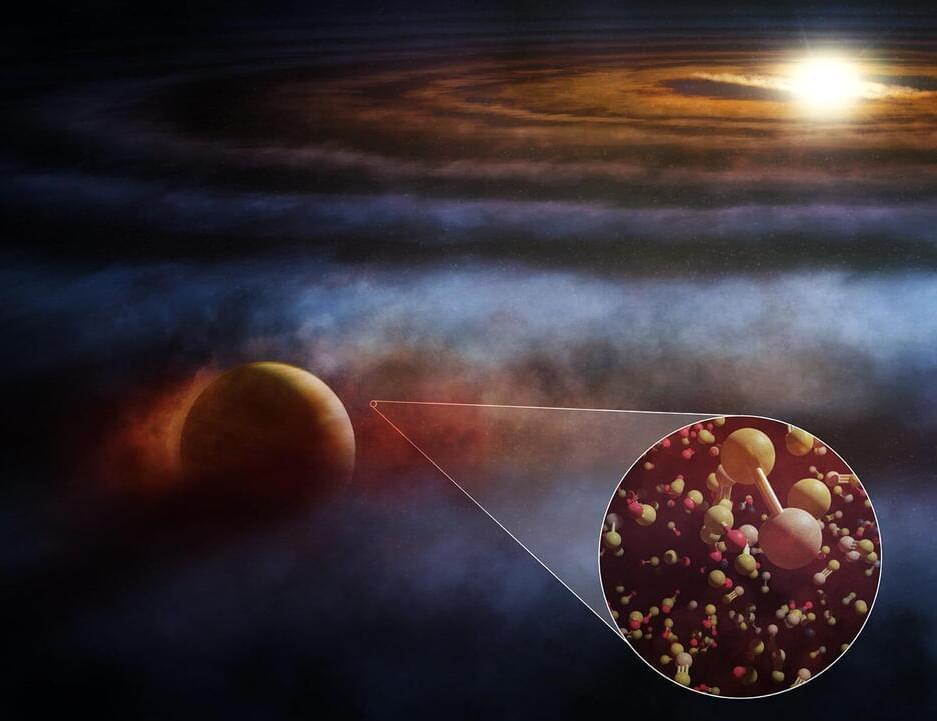
Scientists using the Atacama Large Millimeter/submillimeter Array (ALMA) to study the protoplanetary disk around a young star have discovered the most compelling chemical evidence to date of the formation of protoplanets. The discovery will provide astronomers with an alternate method for detecting and characterizing protoplanets when direct observations or imaging are not possible. The results will be published in an upcoming edition of The Astrophysical Journal Letters.
HD 169,142 is a young star located in the constellation Sagittarius that is of significant interest to astronomers due to the presence of its large, dust-and gas-rich circumstellar disk that is viewed nearly face-on. Several protoplanet candidates have been identified over the last decade, and earlier this year, scientists at the University of Liège and Monash University confirmed that one such candidate—HD 169,142 b—is, in fact, a giant Jupiter-like protoplanet.
The discoveries revealed in a new analysis of archival data from ALMA—an international collaboration in which the National Science Foundation’s National Radio Astronomy Observatory (NRAO) is a member—may now make it easier for scientists to detect, confirm, and ultimately characterize, protoplanets forming around young stars.
Do you ever mesh your other hobbies with the space stuff? Yes. I once turned the results of one of my experiments into a musical. In 2020, during the lockdowns, I put a scientific instrument on my balcony to measure light, sound and pollution before and after the pandemic. I ended up with several graphs and thought, Why not turn these into a musical? So, me and my brother got several musical instruments and played notes according to how high or low each point on the graph was. We actually submitted that to the NASA SpaceApps COVID-19 Challenge and became one of the top six global winners.
Do you think you’ll study space science at university when you’re older? I think so. Either aerospace or astrophysics, or maybe both.
Any other cool projects in the pipeline? Not right now, but I’m getting ready to go to Belgium this September, to represent Canada in the EU Contest for Young Scientists, which is an international science competition. I’ll be able to showcase this project there. But before then, I need to make a 10-page project report with figures, summaries and scientific documents. And I’ll need a poster!
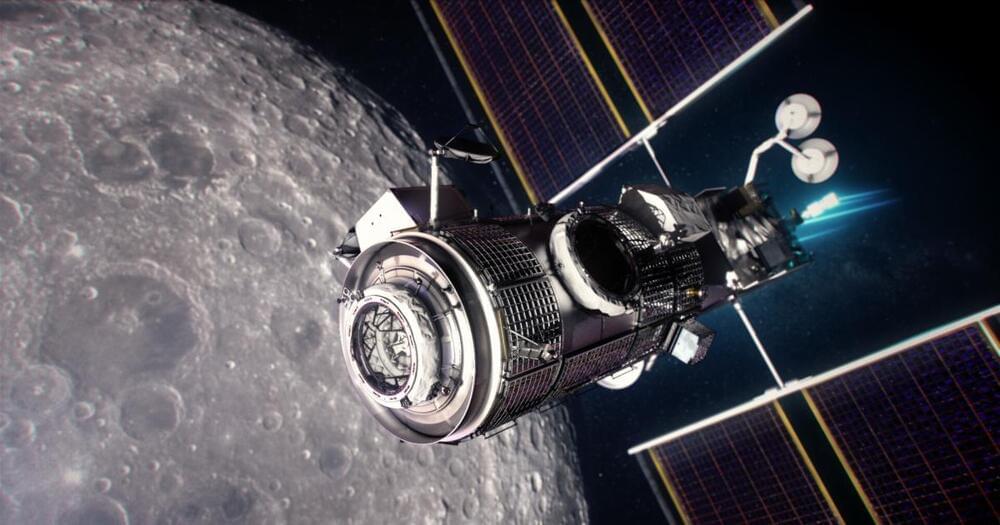
Despite our intrinsic distrust of AI in space taught to us by movies like 2001: A Space Odyssey (“I’m afraid I can’t do that, Dave”), it offers large advantages to both manned and unmanned missions. To that end, NASA is developing a system that will allow astronauts to perform maneuvers, conduct experiments and more using a natural-language ChatGPT-like interface, The Guardian reported.
“The idea is to get to a point where we have conversational interactions with space vehicles and they [are] also talking back to us on alerts, interesting findings they see in the solar system and beyond,” said Dr. Larissa Suzuki, speaking at an IEEE meeting on next-gen space communication. “It’s really not like science fiction anymore.”
NASA aims to deploy the system on its Lunar Gateway, a space station that will orbit the Moon and provide support for NASA’s Artemis mission. It would use a natural language interface that allows astronauts to seek advice on experiments or conduct maneuvers without diving into complex manuals.
Four volunteer crew members entered a Mars-realistic 3D printed habitat.

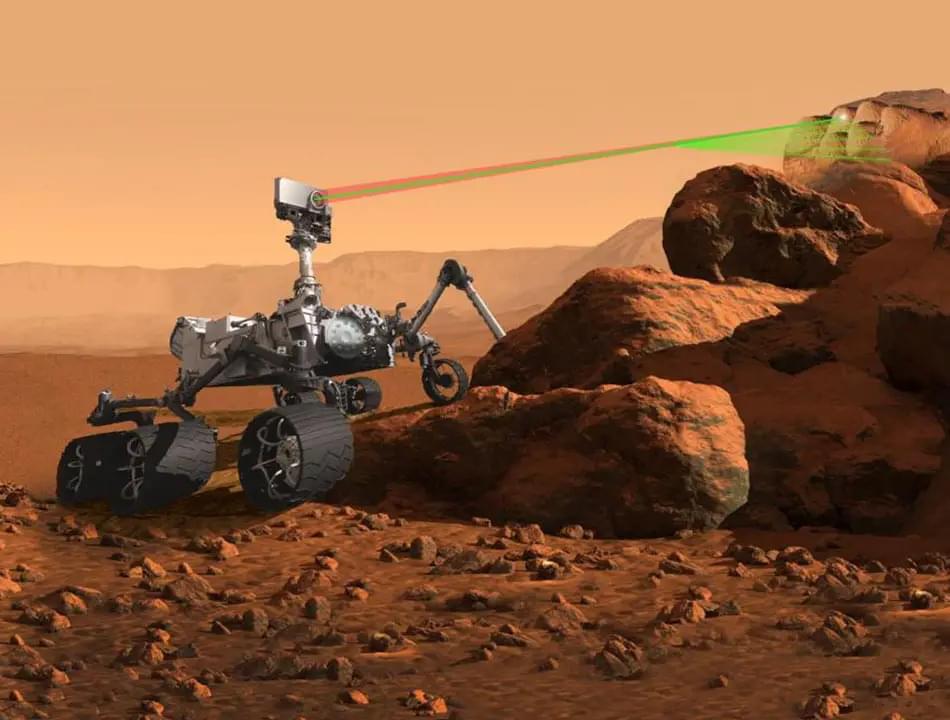
Mars Perseverance Rover struggled to collect samples from a crumbly, potentially conglomerate rock at the Onahu outcrop, before exploring another location, Stone Man Pass. Meanwhile, the rover continues to analyze nearby boulders and progress towards Jezero’s inner rim, home to the anticipated carbonate-rich “margin unit,” in pursuit of insights into Mars’ geological history.
Recently on Mars, Perseverance wrestled with sampling a crumbly rock and continued the mission’s boulder-bonanza!
Perseverance spent 3 weeks exploring the Onahu outcrop, after having previously performed an abrasion named Ouzel Falls. From this abrasion, scientists saw that the rock is most likely a conglomerate worth sampling, but was also likely to be crumbly.